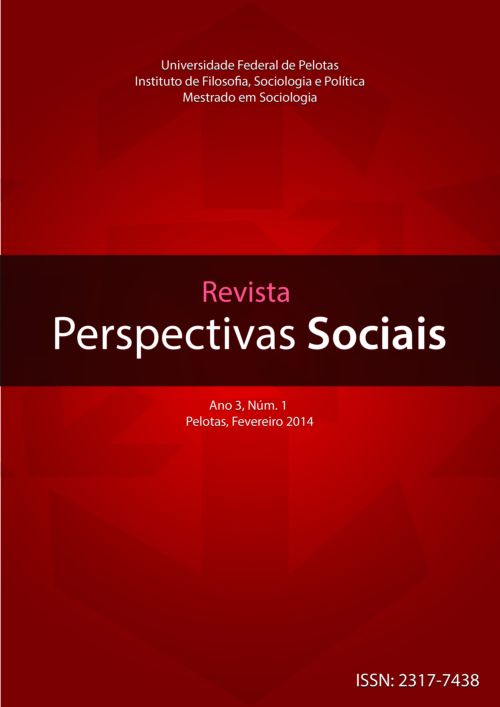THE DELAYING OF THE RETIREMENT BY INSS BECAUSE OH THE CONTRIBUTION TIME MIXED (RURAL AND URBAN)
Abstract
This article is an analysis of the delay of the granting of retirement by mixed contribution time, which contained both the working period rural and urban. Historically, in Brazil, the granting of retirement for rural workers has not gone through the same legislative changes than urban workers, always been marked by a character of merely welfare, even today being understood as such by a considerable number of members of Judiciary. The main hypothesis is that the INSS, as an agent of the state, seeks to delay, if not derail, the benefit, acting against the Constitution and against their own internal guidelines. The aim of this study is to observe and analyze the possible reasons for the INSS, in the matter of retirement by contribution time mixed (rural and urban), assume a posture of delaying, since cause gain is hardly to INSS and the payment of the benefit must be corrected, burdening the public purse. Documentary research was made, as though as literature and a case study about a retired farm worker in the state of São Paulo, which demanded prosecution of almost ten years to get the benefit.

